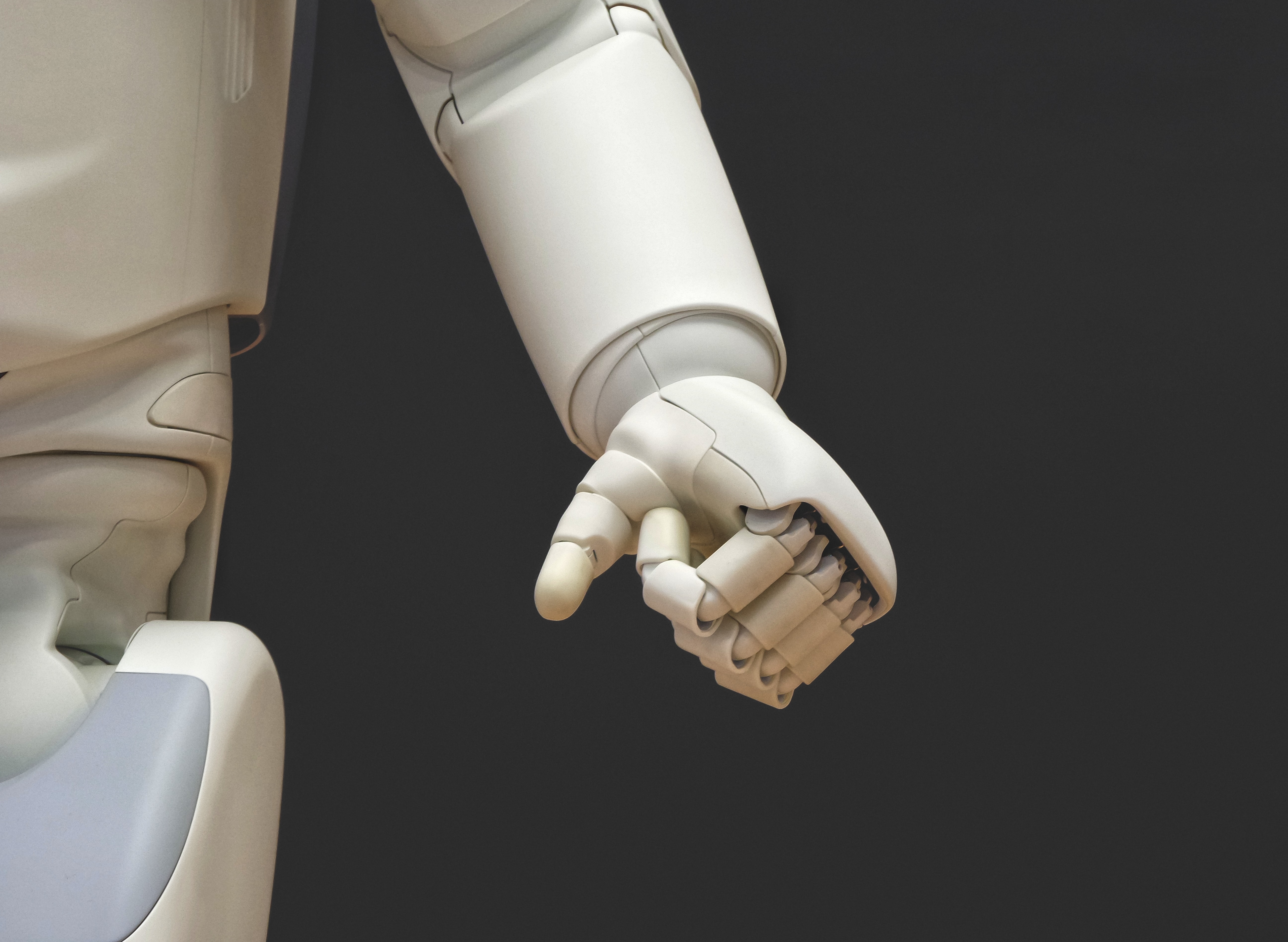Management gurus the world over are discussing the impact of Artificial Intelligence on the human race and the jobs market, in particular.
Can a robot really select the perfect candidate for a job? At Singapore bank DBS, one third of candidates who passed an initial vetting by a chatbot named JIM (short for Job Intelligence Maestro) ended up getting a job, compared with one seventh using only human recruiters.
JIM conducts cognitive and personality tests and answers applicants’ questions. Human recruiters and hiring managers take over the talent acquisition process.
However, recruitment expert Lily Shippen, is a firm believer that there is no substitute for the human touch when it comes to choosing the right candidates for jobs.
“Robots may be able to select candidates for specific roles, but where’s the data to say they are likely to stay or be happy? Although technology evidently helps humans in recruitment, it can never take their place.”
The recruitment market has differing opinions on technology. Each time a new technological tool hits the market, there’s a discussion about whether or not this will hurt recruiters. On the one hand, technology takes care of the tedious legwork, allowing recruiters to focus less on paperwork and employee screening and shift their focus to being career consultants. The latest technology can make it easier to process applications, assess candidate qualifications and compare candidates.
On the other hand, Lily is one of a growing band of recruiters who believe that there is no substitute for the human personal touch when it comes to choosing the right candidates for jobs:
“Using algorithms can obviously help match people to jobs based on their experience or profiles. However, I don’t believe it can match someone based on their personality and long term goals".
The Manchester-based businesswoman believes that there really is no substitute for the traditional approach of meeting with all clients; it not only saves them time by reducing the number of CVs they need to plough through, but they also receive hand-picked higher quality ones, too.
“Many companies use technology or social media tools, such as LinkedIn, to help attract candidates to apply to their companies. This is still likely to attract many unsuitable candidates and someone still has to go through them all to cherry pick the best ones. That is a huge amount of time, and ultimately a waste of money.”
Poor recruitment can lead to a high turnover in staff which, in turn, is bad for business and reputation.
“From a candidate’s perspective, there are some elements of the recruitment process that cannot be personalised using technology, such as preparing them for specific interview questions, helping them with their CVs and setting them up to succeed. In my opinion, the recruitment platforms that use technology treat candidates as a number, rather than as an individual.”
So, effective as scientists may consider JIM to be, he won’t be darkening the doors of Lily Shippen Recruitment any time soon. However, she wouldn’t mind a robot to make the tea and wash up afterwards.
Lily Shippen specialise in executive and business support recruitment across London, Manchester and the UK. Typical roles include Receptionists, Team Assistants, PAs, Private PAs, Office Managers and EAs across all industry sectors.


